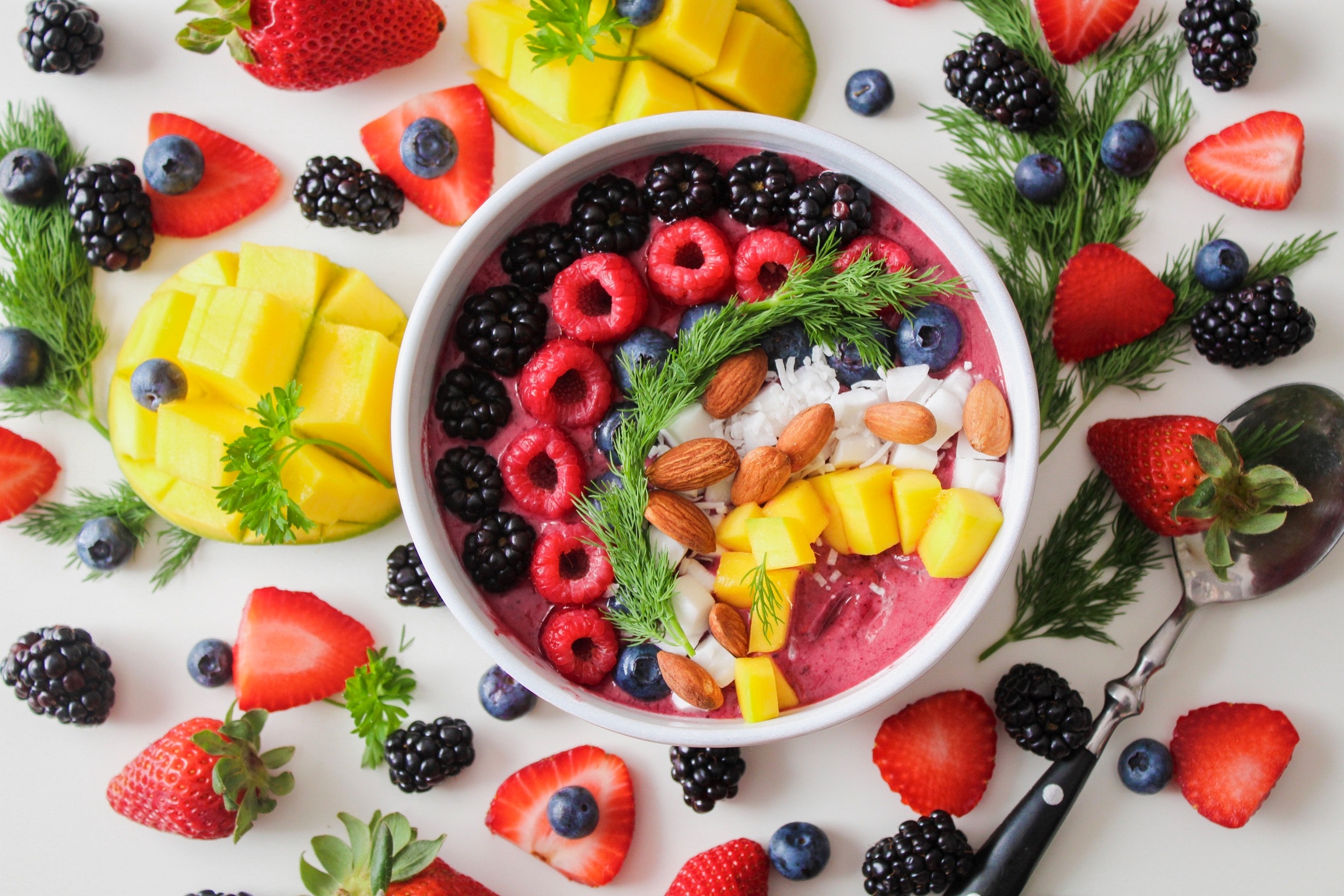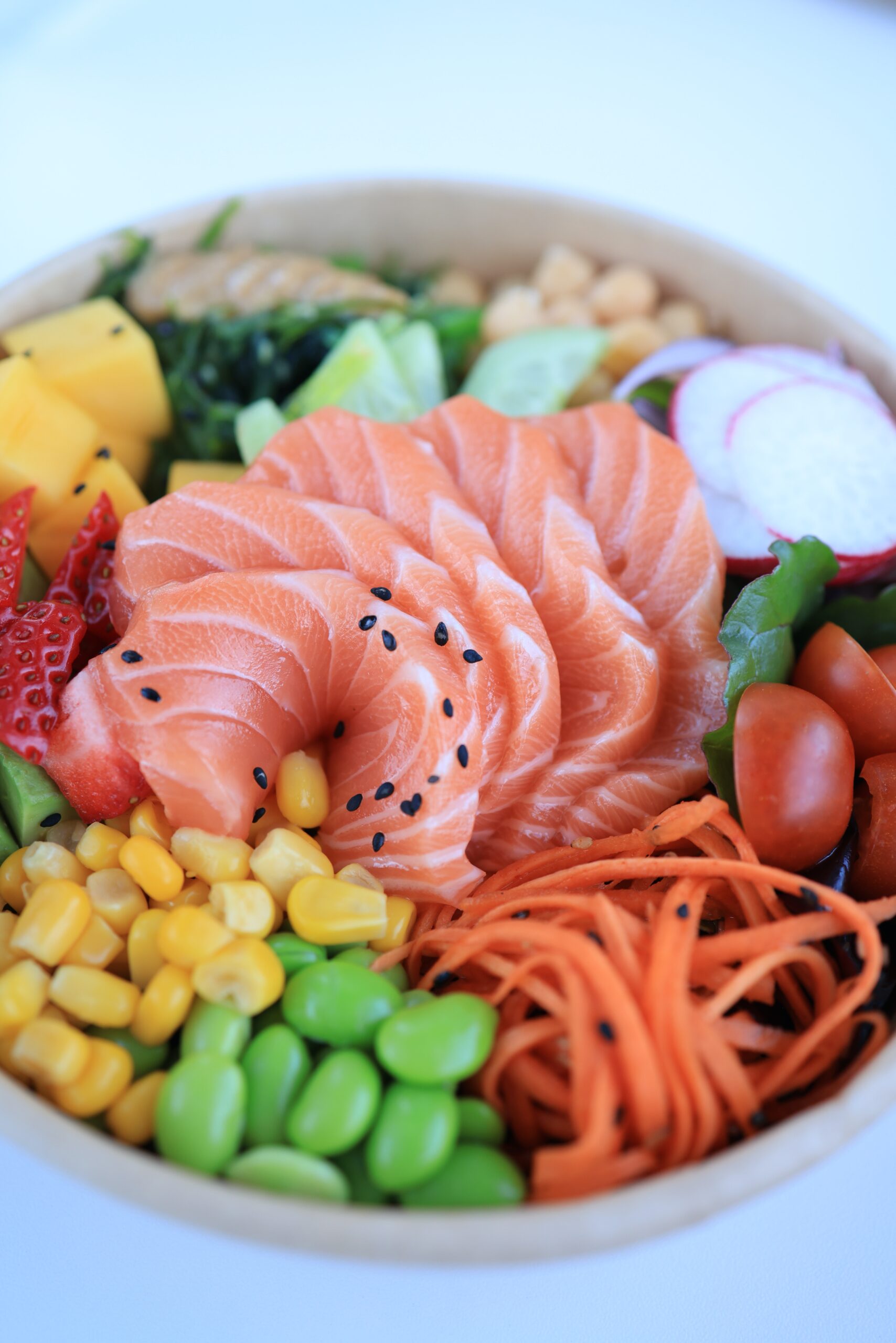What should be the food list for newlyweds?

Introduction
Newlyweds embark on a beautiful journey together, building their lives and creating new memories. An essential aspect of this journey is maintaining a healthy and fulfilling lifestyle, which begins with the food they consume. Food not only nourishes the body but also plays a significant role in enhancing the emotional and physical connection between a couple. This article explores the ideal food list for newlyweds, focusing on nutrition, variety, and the significance of shared meals in the early stages of marriage.
The Importance of a Balanced Diet
A balanced diet is the cornerstone of a healthy lifestyle. For newlyweds, maintaining a balanced diet is crucial to support overall well-being. Here’s why it’s essential:
- Health: A balanced diet provides essential nutrients that support the immune system, promote heart health, and reduce the risk of chronic diseases.
- Energy: Newlyweds often lead active lives, whether through work, household chores, or leisure activities. A balanced diet provides the energy required to fuel these activities.
- Mood and Stress Management: Nutrient-rich foods can positively impact mood and reduce stress. A healthy diet can contribute to a harmonious and happy relationship.
- Weight Management: Maintaining a healthy weight is easier when both partners adopt a balanced diet together, as it encourages mutual support.
The Ideal Food List for Newlyweds
- Fresh Fruits and Vegetables: Incorporate a variety of fresh fruits and vegetables into your daily meals. These foods are rich in vitamins, minerals, and antioxidants. They can be enjoyed in salads, smoothies, or as side dishes.
- Lean Proteins: Include lean protein sources such as chicken, turkey, fish, tofu, and legumes. Proteins are essential for muscle health and satiety.
- Whole Grains: Choose whole grains like brown rice, quinoa, whole wheat bread, and oats. They provide fiber and sustained energy.
- Dairy or Dairy Alternatives: Incorporate dairy products like milk, yogurt, and cheese into your diet for calcium and probiotics. If you prefer non-dairy options, consider almond milk, soy yogurt, or oat-based products.
- Healthy Fats: Opt for healthy fats like avocados, nuts, and olive oil. These fats support heart health and add flavor to your meals.
- Spices and Herbs: Experiment with spices and herbs to enhance the flavor of your dishes. They can make your meals more exciting and enjoyable.
- Homemade Meals: Whenever possible, cook together. Preparing meals as a couple can be a fun and bonding experience. Experiment with new recipes and create your own signature dishes..
Creating a Healthy Meal Plan
To create a healthy meal plan for newlyweds, consider the following tips:
- Breakfast: Start your day with a nutritious breakfast. Options include whole-grain toast with avocado and eggs, Greek yogurt with berries and honey, or a smoothie with spinach, banana, and almond milk.
- Lunch: Plan balanced lunches that include lean protein, vegetables, and whole grains. A chicken and vegetable stir-fry with brown rice or a quinoa salad with chickpeas and feta can be excellent choices.
- Dinner: Dinner should be a time for relaxation and connection. Try recipes like grilled salmon with roasted vegetables, homemade vegetable lasagna, or a spicy tofu curry.
- Snacks: Keep healthy snacks on hand, such as nuts, carrot sticks with hummus, or fresh fruit. They can curb hunger and prevent overeating during main meals.
Maintaining a healthy diet as newlyweds is not only about nourishing the body but also about building a strong foundation for your life together.
In Conclusion
The food list for newlyweds should prioritize nutrition, variety, and the joy of shared meals. A balanced diet can contribute to a healthy, happy, and fulfilling marriage. Remember that food is not just nourishment; it’s an expression of love and care. Embrace this journey together, savor each moment, and enjoy the delicious experiences that food can bring to your married life.
When and how much food should newlyweds eat?

Introduction
Newlyweds embark on a beautiful journey together, building their lives and creating new memories. An essential aspect of this journey is maintaining a healthy and fulfilling lifestyle, which begins with the food they consume. Food not only nourishes the body but also plays a significant role in enhancing the emotional and physical connection between a couple.
The Importance of a Balanced Diet
A balanced diet is the cornerstone of a healthy lifestyle. For newlyweds, maintaining a balanced diet is crucial to support overall well-being. Here’s why it’s essential:
- Health: A balanced diet provides essential nutrients that support the immune system, promote heart health, and reduce the risk of chronic diseases.
- Energy: Newlyweds often lead active lives, whether through work, household chores, or leisure activities. A balanced diet provides the energy required to fuel these activities.
- Mood and Stress Management: Nutrient-rich foods can positively impact mood and reduce stress. A healthy diet can contribute to a harmonious and happy relationship.
- Weight Management: Maintaining a healthy weight is easier when both partners adopt a balanced diet together, as it encourages mutual support.
The Ideal Food List for Newlyweds
- Fresh Fruits and Vegetables: Incorporate a variety of fresh fruits and vegetables into your daily meals. These foods are rich in vitamins, minerals, and antioxidants. They can be enjoyed in salads, smoothies, or as side dishes.
- Lean Proteins: Include lean protein sources such as chicken, turkey, fish, tofu, and legumes. Proteins are essential for muscle health and satiety.
- Whole Grains: Choose whole grains like brown rice, quinoa, whole wheat bread, and oats. They provide fiber and sustained energy.
- Dairy or Dairy Alternatives: Incorporate dairy products like milk, yogurt, and cheese into your diet for calcium and probiotics. If you prefer non-dairy options, consider almond milk, soy yogurt, or oat-based products.
Creating a Healthy Meal Plan
To create a healthy meal plan for newlyweds, consider the following tips:
- Breakfast: Start your day with a nutritious breakfast. Options include whole-grain toast with avocado and eggs, Greek yogurt with berries and honey, or a smoothie with spinach, banana, and almond milk.
- Lunch: Plan balanced lunches that include lean protein, vegetables, and whole grains. A chicken and vegetable stir-fry with brown rice or a quinoa salad with chickpeas and feta can be excellent choices.
- Dinner: Dinner should be a time for relaxation and connection. Try recipes like grilled salmon with roasted vegetables, homemade vegetable lasagna, or a spicy tofu curry.
- Snacks: Keep healthy snacks on hand, such as nuts, carrot sticks with hummus, or fresh fruit. They can curb hunger and prevent overeating during main meals.
- Desserts: Opt for healthier dessert options like fruit salads, yogurt parfaits, or dark chocolate dipped in strawberries.
Maintaining a healthy diet as newlyweds is not only about nourishing the body but also about building a strong foundation for your life together. It’s an opportunity to create shared traditions, connect on a deeper level, and enjoy the journey of marriage through delightful and nutritious meals.
When and How Much Food Should Newlyweds Eat?

Introduction
As newlyweds embark on their journey together, they often experience significant changes in their lives, including adjustments to their daily routines, responsibilities, and eating habits. A vital aspect of a healthy and fulfilling marriage is maintaining a balanced and harmonious relationship with food.
Understanding the Nutritional Needs of Newlyweds
Before delving into when and how much newlyweds should eat, it’s essential to understand their nutritional needs. Nutrient requirements can vary from person to person, but several general guidelines can be applied:
- Caloric Intake: The number of calories required by newlyweds depends on factors such as age, gender, activity level, and metabolism. It’s crucial to find a balance that maintains a healthy weight and provides adequate energy for daily activities.
- Macronutrients: A balanced diet should consist of carbohydrates, proteins, and fats. Carbohydrates are the body’s primary energy source, proteins support muscle health, and fats are essential for overall well-being.
- Micronutrients: Newlyweds should consume a variety of fruits, vegetables, and whole grains to ensure they get essential vitamins and minerals. These micronutrients are crucial for maintaining good health.
- Hydration: Staying hydrated is essential. Drinking enough water throughout the day is important for bodily functions, digestion, and overall well-being.
When Should Newlyweds Eat?
- Breakfast: Starting the day with a nutritious breakfast is vital. Eating within an hour of waking up helps kickstart the metabolism and provides the body with the energy it needs to begin the day. A well-balanced breakfast can include whole-grain cereal, yogurt, eggs, or a fruit smoothie.
- Lunch: Lunch is typically consumed around midday and should be a well-rounded meal. It helps maintain energy levels throughout the afternoon and supports mental and physical performance. Options include salads, sandwiches, or a hearty soup.
- Dinner: Dinner should be eaten a few hours before bedtime to allow for proper digestion. It’s a time for couples to come together and share their experiences of the day. Opt for balanced meals with lean proteins, vegetables, and complex carbohydrates.
- Snacks: In between main meals, snacks can help regulate blood sugar levels and prevent overeating during the next meal. Healthy snacks like nuts, fruits, or yogurt can be satisfying and nutritious choices.
How Much Food Should Newlyweds Eat?

The amount of food newlyweds should eat varies from person to person and depends on factors such as age, gender, activity level, and metabolism. Here are some general guidelines to consider:
- Portion Control: Pay attention to portion sizes. Avoid large, oversized servings, which can lead to overeating. Instead, opt for smaller, more balanced portions.
- Hunger Cues: Listen to your body’s hunger cues. Eating when hungry and stopping when satisfied is a healthy approach to portion control.
- Balanced Plate: Create balanced meals that include a variety of food groups. A well-portioned plate might consist of half vegetables, a quarter protein, and a quarter whole grains.
- Moderation: Practice moderation when indulging in treats or high-calorie foods. Special occasions and celebrations are an ideal time to enjoy favorite foods, but be mindful of portion sizes.
- Individual Needs: Recognize that individual needs differ. If one partner has a more active lifestyle or higher caloric requirements, their portion sizes may need to be adjusted accordingly.
- Cook Together: Preparing meals together can foster a sense of togetherness and give couples better control over portion sizes and ingredients.
Importance of Shared Meals
Shared meals have significant importance for newlyweds. Here’s why they matter:
- Bonding: Eating together promotes bonding and communication. It’s an opportunity to connect, discuss your day, and strengthen your emotional connection.
- Health Benefits: Couples who dine together tend to make healthier food choices and are more likely to consume a wider variety of foods.
- Mutual Support: Sharing meals allows partners to support each other in maintaining a balanced diet and adopting healthier habits.
- Quality Time: Mealtime is a moment for quality time and relaxation. It’s a break from daily responsibilities and a chance to unwind together.
Special Considerations for Newlyweds
- Eating During Honeymoon: While on a honeymoon, it’s natural to indulge in different cuisines and treats. Embrace the experience but try to maintain a balance by enjoying local specialties in moderation.
- Emotional Eating: Recognize the role of emotions in eating habits. Stress, happiness, and other emotions can trigger eating. Try to differentiate between physical hunger and emotional hunger.
- Nutrient Needs for Pregnancy: If newlyweds are planning to start a family, consider the nutritional needs during pregnancy and breastfeeding. A healthcare provider can provide guidance.
Conclusion
The eating habits of newlyweds play a crucial role in their journey as a couple. When and how much food they consume should be balanced, satisfying, and reflective of their individual needs and lifestyles. Shared meals have a significant impact on the emotional and physical well-being of newlyweds, making them an essential part of married life. As newlyweds embrace this new chapter, maintaining a harmonious relationship with food will contribute to a healthy, happy, and fulfilling marriage.
“বিয়ে সংক্রান্ত যেকোনো তথ্য ,সেবা এবং পরামর্শ পেতে যোগাযোগ করুন কাবীন বিডির সাথে । ” কল করুন:01711462618










